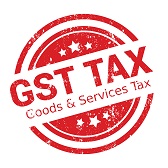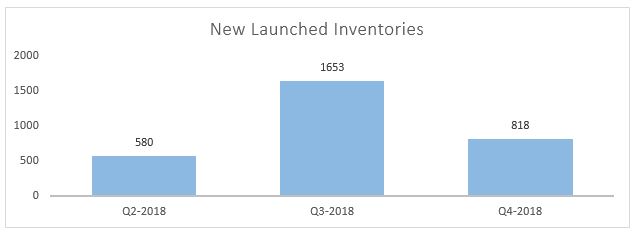34th GST council meeting highlights.
34TH GST Council meeting in INDIA Highlights:
Decisions captured by the GST Council in the 34th meeting held on 19 March 2019 concerning GST rate on Real Estate Sector at New Delhi has discussed the details for implementations of the proposals made by the council in its 33rd meeting for lower efficient GST rate of 1% on affordable houses and 5% on the construction of houses except affordable house. The council has made a decision that the approach of the transformation is as follows:
Option in that respect of ongoing projects:
• The promoters shall be given one time option to pay tax at the previous rates (8% or 12% with ITC) on ongoing projects (projects where the construction and booking have started before 1st April 2019) which have not been finished by 31st March 2019.
• The option shall be operated once within the prescribed time frame and where the option is not regulated within the prescribed time limit, the latest GST rates shall be applied.
New Tax Rates:
New tax rates shall be appropriate to new or ongoing projects which have operated the option to pay tax in the new government are as follows:
- New rate of 1% without ITC (input tax credit) on the construction of affordable housing will be available for all houses those who meet the description of affordable houses as determined by the GSTC and affordable houses being established in ongoing projects existing under the central and state housing schemes presently eligible for compromising rate of 8% GST (after 1/3rd land discount)
- The new rate of 5% without input tax credit shall be suitable for the construction of all the houses other than affordable houses unless the affordable houses are booked before 1st April 2019. New rates shall be available to pay on installments on or before 1st April 2019. Also, commercial properties in which the carpet area is not more than 15% of the total carpet area of all the properties.
Circumstances for the new tax rates:
The new tax rate of 1% (on affordable housing) and 5% (on other than affordable houses) will be available under the following conditions.
- The input tax credit may not be available
- 80% of input services can be purchased from recognized and registered personalities on the shortfall of purchases from 80%. Tax should be paid by the builder at 18% on RCM basis. However, tax on cement purchased from the unregistered person should be paid at 28% under RCM and RCM under capital goods at applicable rates.
Conversion for ongoing projects electing for the new tax rates:
• Ongoing projects and projects that have not been completed by 31st March 2019 opting for new tax rates shall changeover the ITC according to the prescribed method
• The changeover formula approved by the GST Council for residential projects to deduce the ITC taken for percentage completion of construction as on 1st April 2019 is to arrive at ITC for the entire project and then based on the percentage booking of flats and percentage invoicing the ITC eligibility is the determined transition would thus be on the pro data based on a formula that credit in proportion to the booking of the flat and invoicing done for the booked flat available to subject to a few safeguards.
The following analysis that will be applied to TDR/FSI and Long term lease for those projects those originate after 1st April 2019:
• The supply of long term lease of land by the owner to the developer will be an exempted subject to the condition that the constructed flats are sold before the issuance of completion certificate and tax paid on them. The exemption shall be withdrawn in case of flats that are sold after the issuance of completion certificate, but such withdrawal will be limited to 1% of value in the case of affordable housing and 5% of the value in case of those other than affordable housing. This will achieve fair taxation between the under construction and ready to move property.
• The accountability to pay the tax on TDR, FSI, and long term lease will be shifted from the landowner to the builder under the reverse charge mechanism (RCM)
Modification to ITC Rules:
• ITC rules will be modified to develop the clarity on the monthly and final determination of ITC and reversal theory of Real Estate projects. The change would clarify the procedure for accounting the input tax credit to commercial units that would continue to be eligible for input tax credit in a mixed project.
• The decisions of the GST Council have been presented in the simple language for better understanding and the same would be effective through circulars which alone shall have the force of law.
The progress for the implementation certainly of the new tax structure is acknowledged as it will give enough time to adapt operations to the latest structure. Justifying GST on under construction properties has been one of the Real Estate sector’s foremost requests. The move to reduce GST, combined with the implantation of RERA, will boost the demand and firmly renovate the sector.






